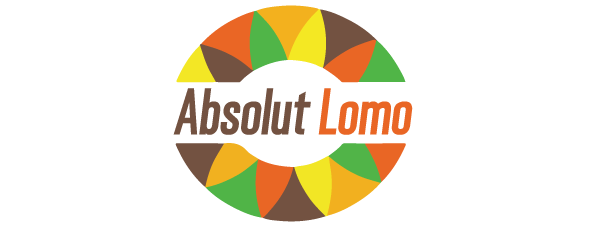In recent years, there has been a groundbreaking shift in the approach to mental health care, with innovative treatments and therapies emerging to address the complex challenges of mental disorders. This revolution is transforming the landscape of mental health care, offering hope to millions who have long grappled with debilitating conditions. One of the most promising advancements comes in the form of psychedelic-assisted therapy. Previously stigmatized and relegated to the fringes of medical research, psychedelics like psilocybin and MDMA are now being recognized for their potential to catalyze transformative healing experiences. Clinical trials have shown promising results in the treatment of conditions such as depression, PTSD, and anxiety. These substances, when administered in a controlled and therapeutic setting, can lead to profound shifts in perception and facilitate breakthroughs in traditional talk therapies. In addition to psychedelic therapy, neurofeedback is another innovative approach gaining traction in mental health care.

This non-invasive technique involves monitoring and training brain activity to regulate and optimize neural function. By providing real-time feedback on brainwave patterns, individuals can learn to self-regulate, promoting better emotional and cognitive well-being. Neurofeedback has shown promising results in conditions such as ADHD, anxiety, and even chronic pain, offering a personalized and holistic approach to mental health treatment. Furthermore, digital therapeutics is leveraging technology to provide accessible and effective mental health interventions. Mobile apps, virtual reality platforms, and online cognitive-behavioral therapy programs are becoming integral components of mental health care. These tools offer users the flexibility to engage in therapeutic activities at their own pace and in the comfort of their own environment. With the rise of telehealth, mental health professionals can reach a broader audience, reducing barriers to access and providing timely support. Another significant development is the integration of lifestyle interventions into mental health care plans.
Recognizing the intricate connection between physical and mental well-being, practitioners are incorporating exercise, nutrition, and sleep hygiene as essential components of treatment. Studies have consistently demonstrated the positive impact of regular exercise on mood and cognitive function, emphasizing the importance of a holistic approach to mental health. Moreover, advancements in pharmacogenomics are enabling personalized medication management for mental health conditions. By analyzing an individual’s genetic makeup, clinicians can tailor medication prescriptions to optimize efficacy and minimize side effects. This targeted approach reduces the trial-and-error often associated with psychiatric medication, Lakeview Mental Health Therapy leading to more efficient and patient-centered treatment plans. As mental health care undergoes this transformative revolution, there is a growing emphasis on DE stigmatizing mental health issues and promoting a more inclusive and compassionate approach. Public awareness campaigns and advocacy efforts aim to foster understanding and empathy, breaking down the barriers that have long hindered individuals from seeking help.
